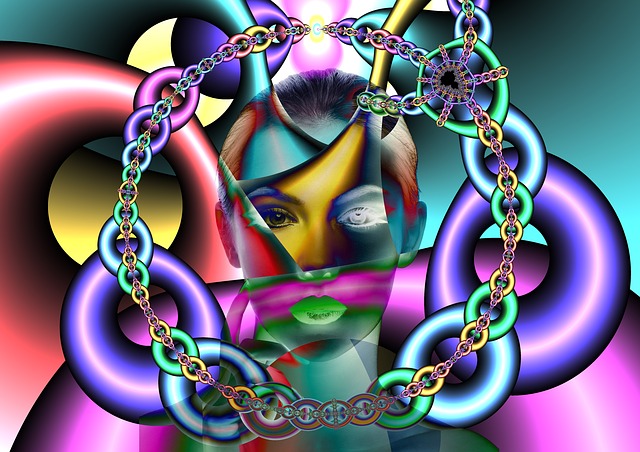Manic vs Mania
Manic and mania are terms often used when discussing psychological conditions and mental illnesses. It is important to differentiate between them. Mania refers to a psychological state in which an individual experiences euphoria, hyperactivity, and delusions. On the other hand, manic is defined as being affected by mania, which can describe an individual or an episode. Mania is the condition or illness itself, whereas manic refers to its manifestations. This article aims to highlight the differences between manic and mania while providing more information on both terms.
What is Mania?
Mania is a psychological condition that causes a person to feel euphoric, hyperactive, and delusional. Individuals with mania can have intense moods and feel highly energetic. Mania is a diagnostic criterion of bipolar disorder, a condition characterized by alternating manic episodes and depressive episodes. In the early stages, mania can result in excessive exuberance, with the individual being full of confidence, creativity, and energy. However, this phase is often followed by anxiety, depression, and agitated behavior. People with mania generally experience emotions intensely, making it difficult for them to keep their emotions in check. The severity of mania can vary, with those experiencing a milder form of the condition being considered to have hypomania.
What is Manic?
Manic, as previously mentioned, refers to being affected by mania. In this context, manic is an adjective used to describe an individual or an episode. An episode is not a psychological illness by itself; it is more of a component of an illness. A person with mania may exhibit behaviors such as excessive happiness, confidence, and a sense of invincibility. These individuals can become easily aggravated, irritable, and engage in risky behavior or make poor choices that are out of character. They may also experience difficulties in their personal and work life due to these traits.
A manic episode is a short period during which an individual feels euphoric or irrationally irritable. When experiencing a manic episode, a person may feel overly confident and happy, as if they can conquer anything. This is often followed by depression, characterized by feelings of low energy and sadness. Manic episodes can occur in individuals with bipolar disorder.
Key Takeaways
- Mania refers to a psychological condition characterized by euphoria, hyperactivity, and delusions, while manic describes an individual or episode affected by mania.
- Mania is a diagnostic criterion of bipolar disorder, and its severity can range from mild (hypomania) to severe.
- Manic episodes are short periods of euphoria or irritability, often followed by depression, and can occur in individuals with bipolar disorder.
